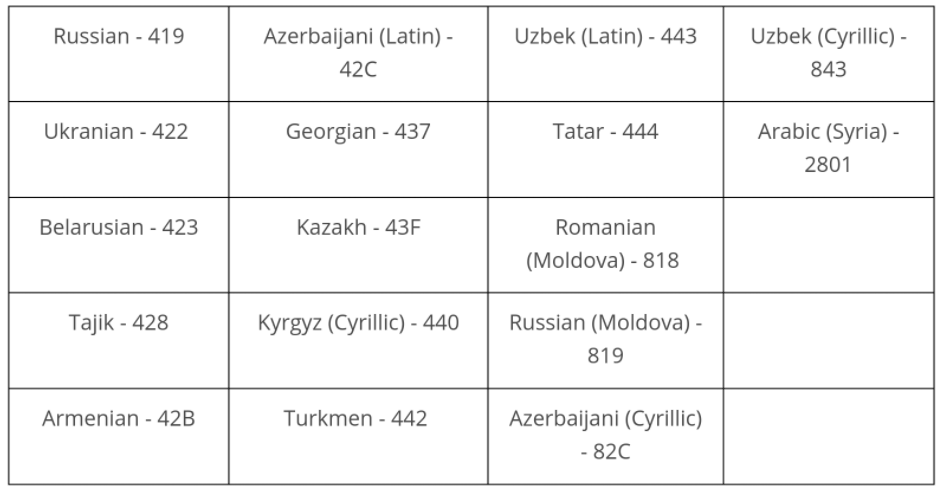[…]
It turns out a process called galvanic vestibular stimulation—also known as GVS—can be used to alter a human’s sense of balance by electrically stimulating a nerve in the ear using electrodes. Researchers haven’t quite figured out the best uses of the technology—medical, military, and entertainment companies are all investigating it—but when used properly it can convince a person that they need to move their bodies to the left or right to maintain balance, which the body will automatically do all on its own, even if they’re standing perfectly still. As a result there’s a peculiar side effect of GVS: the technology can be used to partially control a human’s movements as if they were being operated remotely.
That’s exactly what Mean Gene Hacks is doing here. Using about $50 worth of external hardware (plus the cost of a gaming PC) they’ve made BeamNG.drive, a highly realistic physics-based driving simulator—interface with GVS hardware. Custom code translates an in-game vehicle’s motions into the electrical signals that alter a player’s balance, which are delivered to a player’s nerve endings through a pair of adhesive electrodes that attach to the neck just behind the earlobes. The resulting effect has the player uncontrollably leaning to the left or to the right while playing, as if effected by the same G-forces the car in the game is experiencing.
[…]

